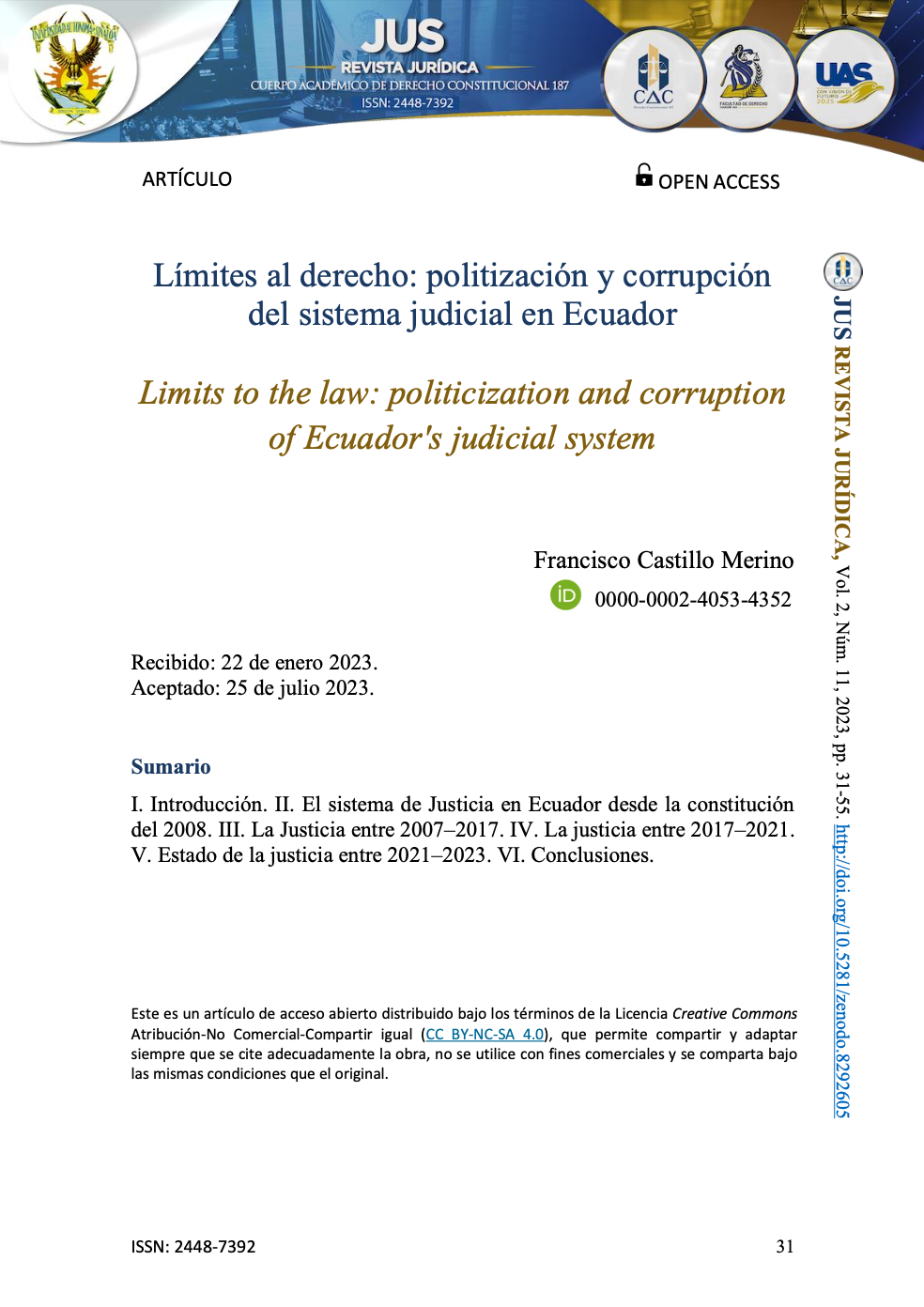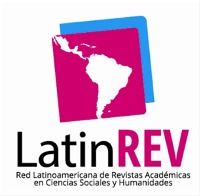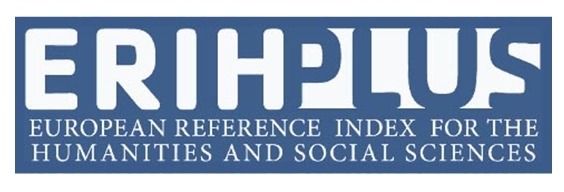Limits to the law: politicization and corruption of Ecuador's judicial system
DOI:
https://doi.org/10.5281/zenodo.8292605Keywords:
Justicia, Derecho, Sistema de Justicia, VirtudAbstract
The objective of this article is to analyze the conception of justice throughout history, to establish the root of its deterioration and under these lights to analyze the justice system in Ecuador, which will allow us to make generalizations in the future. We will use a deductive methodology, with a qualitative-descriptive approach. Among the findings we have: that Justice for the Greeks consisted in providing to each one what corresponds to him and it was a fundamental virtue of obligatory compliance, which articulated the individual and collective actions of the citizens. In the Middle Ages, justice had the same connotation, but was subordinated to God, who was the Just Judge, prototype of the operators of justice on earth. In modern times, with the emergence of Liberalism, justice is no longer based on virtue, but on freedom, which leads to an interpretation that prioritizes greed, dishonesty, selfishness, under the slogan of progress. Since then we have perverse justice systems, where justice operators are sold to the highest bidder. In Ecuador, as a result of the 2008 Constitution, the judiciary was reformed, improving it significantly, but it is prey to fierce criticism by the opposition, under the discourse of a hand in Justice. This reform was short-lived, as the following two governments embarked on a campaign to de-correlate the country, resulting in de-institutionalization, corruption, the growth of organized crime and a generalized social crisis.
Downloads

Downloads
Published
Issue
Section
License
Copyright (c) 2023 JUS Revista Jurídica

This work is licensed under a Creative Commons Attribution-NonCommercial-ShareAlike 4.0 International License.









